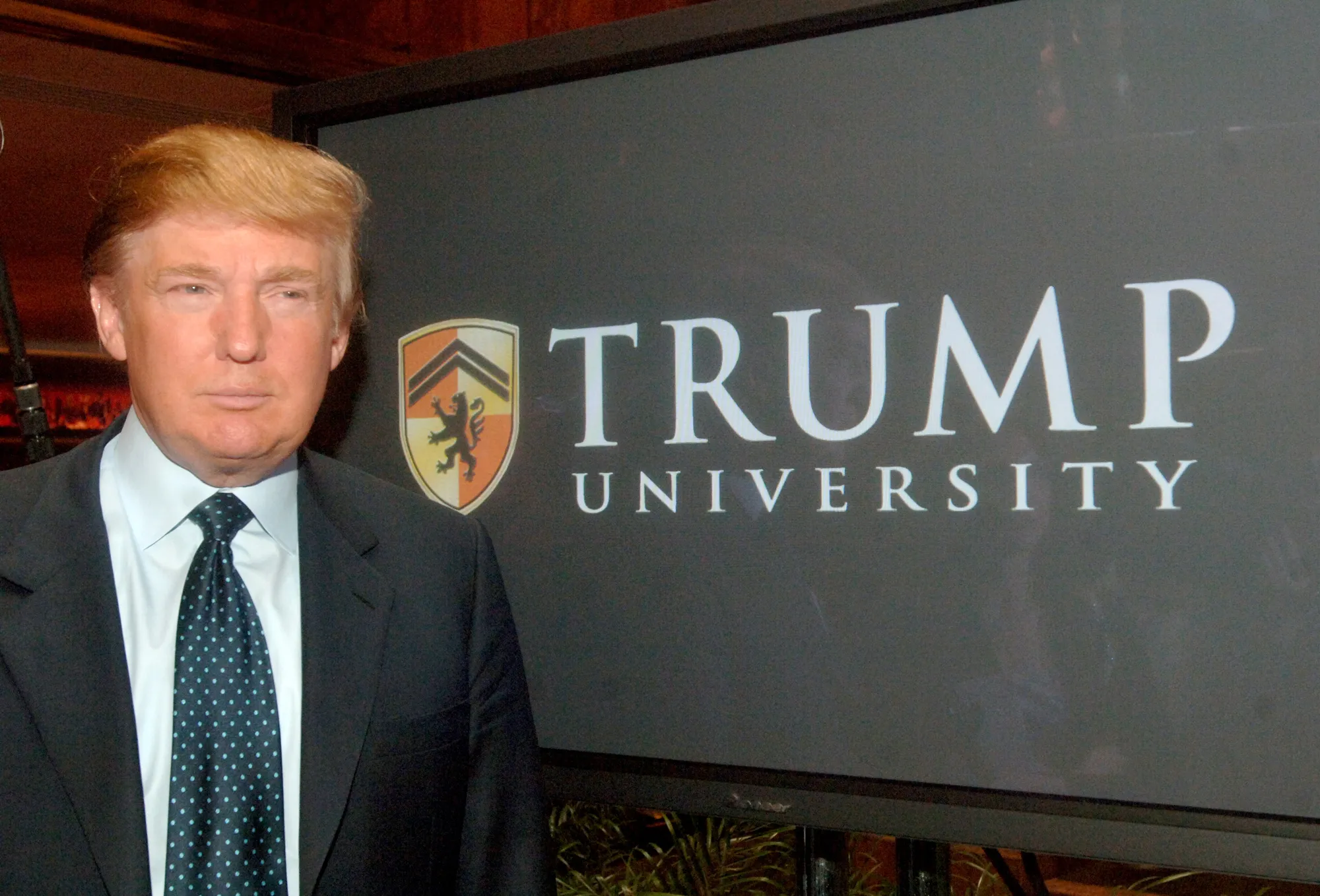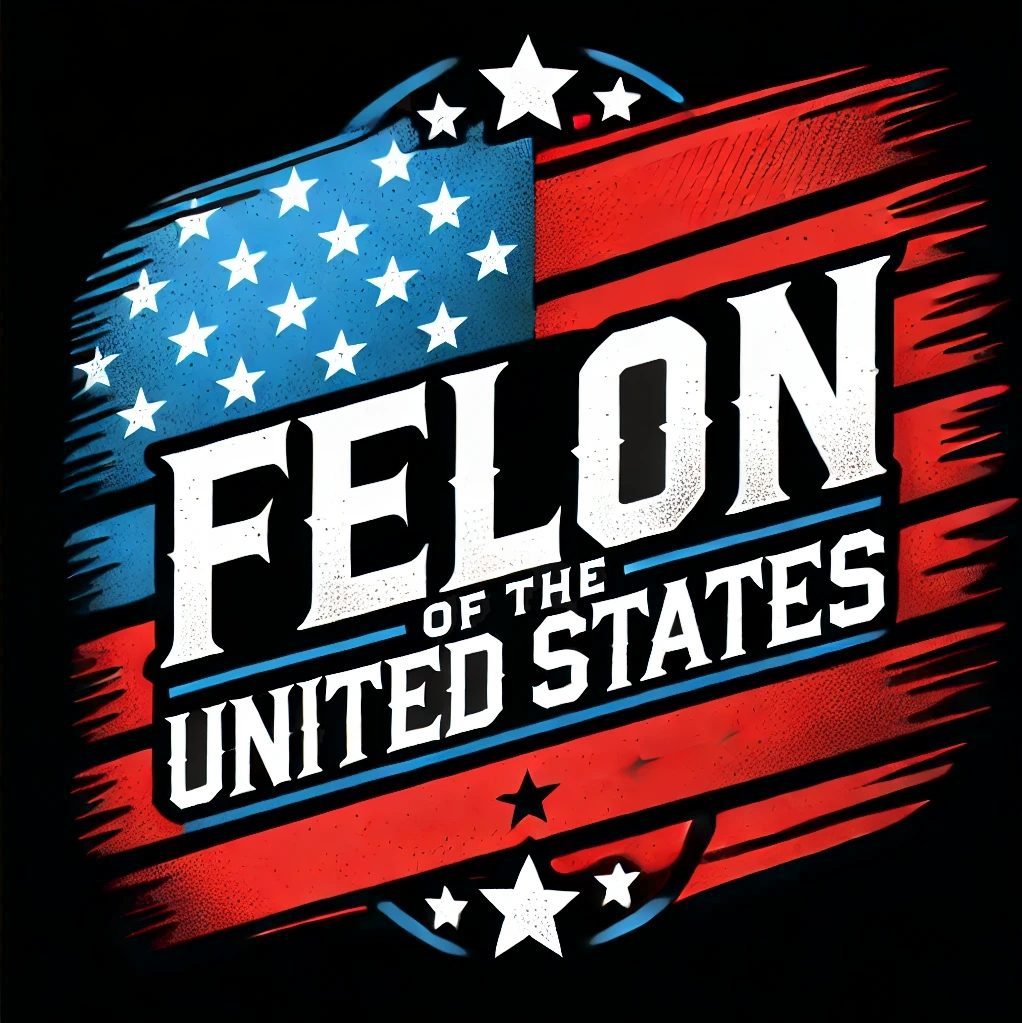Trump University

Trump University: Fraud Allegations and Legal Settlements (2025 Update)
Overview of Trump University
Launched on May 23, 2005, Trump University was a for-profit real estate training program founded by Donald J. Trump, Michael Sexton, and Jonathan Spitalny. Marketed as a gateway to Trump’s business expertise, the program promised to teach students the “secrets” to wealth through seminars and mentorships. It operated until 2010, eventually drawing scrutiny for deceptive practices. By 2013, mounting allegations of fraud damaged Trump’s business reputation—a legacy that resurfaced during his second presidential term, which began on January 20, 2025.
Fraud Allegations
Multiple lawsuits accused Trump University of engaging in fraudulent and unethical business practices. Key allegations included:
-
Misleading Advertising: Promotional materials claimed that Trump had personally chosen the instructors and that students would be mentored by real estate experts. In reality, Trump was not involved in selecting the faculty, many of whom had little real estate experience and came from sales backgrounds.
-
False Promises: Students were told they would gain insider access to Trump’s investment strategies. However, the course content was largely generic, and Trump’s direct involvement was limited to promotional appearances.
-
High-Pressure Sales Tactics: Attendees were subjected to aggressive upselling strategies, often pushed toward purchasing the $34,995 “Gold Elite” package after attending a $1,495 seminar. Many students drained savings or maxed out credit cards to pay for these programs.
-
Lack of Accreditation: Despite being branded a “university,” the entity was unaccredited. In 2010, it was ordered by New York authorities to stop using the “university” label, after which it rebranded as the Trump Entrepreneur Initiative.
An estimated 7,000+ students enrolled, with some claiming personal losses of up to $35,000.
Legal Actions and Settlement
On August 26, 2013, New York Attorney General Eric Schneiderman filed a $40 million lawsuit against Trump University, labeling it a “bait-and-switch” operation. Two separate class-action lawsuits were also filed: Low v. Trump University (filed in California) and Makaeff v. Trump University (a federal case).
On November 18, 2016—just ten days after Donald Trump was elected president—the cases were settled for $25 million. Of that, $21 million was designated for student restitution, with the remaining $4 million in penalties. The settlement was finalized in April 2018, and by 2019, over 3,700 student claims had been paid out, with many recovering approximately 90% of their course fees. Trump did not admit to any wrongdoing as part of the settlement.
Trump’s Defense and Public Response
Trump consistently denied the allegations, asserting that the lawsuits were politically motivated. In 2013, he called the New York Attorney General’s actions a “political hit job.” After settling the cases in 2016, Trump said he did so to avoid distractions during his presidency, maintaining that the program had a “98% approval rating” among students—a figure strongly disputed in court by plaintiffs and investigators.
As of 2025, during his second presidential term, Trump and his supporters continue to defend the program, viewing the settlement—without an admission of guilt—as exoneration. Critics, however, argue it was an emblematic example of misleading business practices.
Legacy and Impact
The Trump University saga, which involved estimated losses of over $40 million among roughly 5,000 students, remains one of the most significant legal and reputational challenges tied to Donald Trump’s business ventures.
A 2025 Forbes article called the case a “textbook example of overpromise and underdeliver,” while an op-ed in The New York Times compared the scandal to Trump’s civil fraud case in New York, citing common themes of inflated claims and misrepresentation. The public remains divided—some see the matter as a settled relic of the past, while others view it as central to understanding Trump’s ethical track record.
